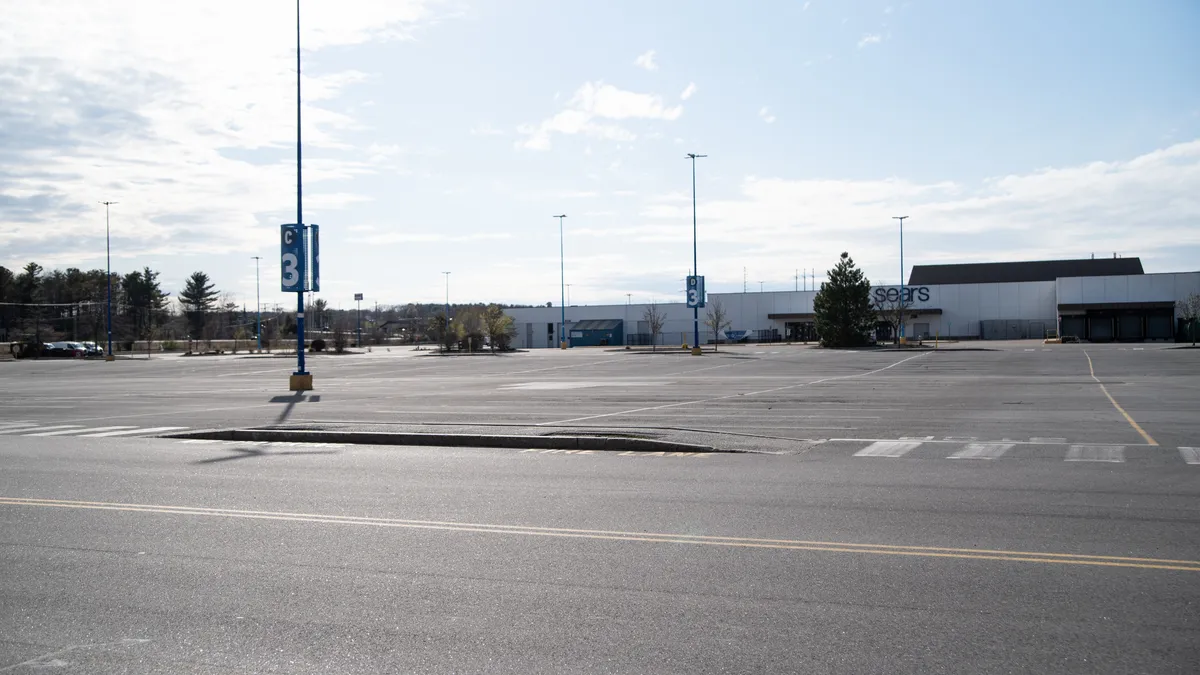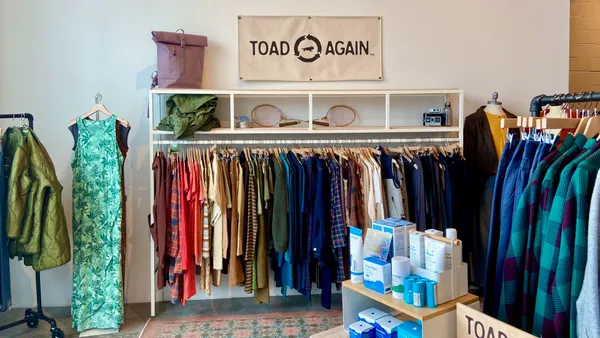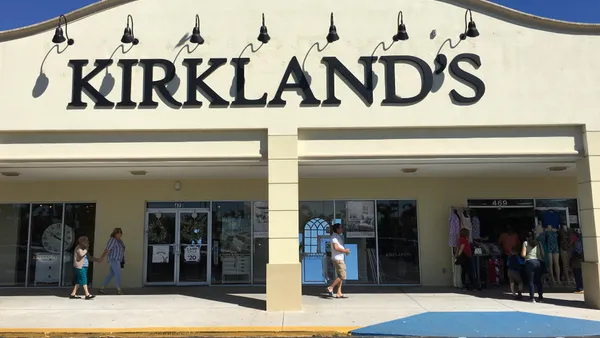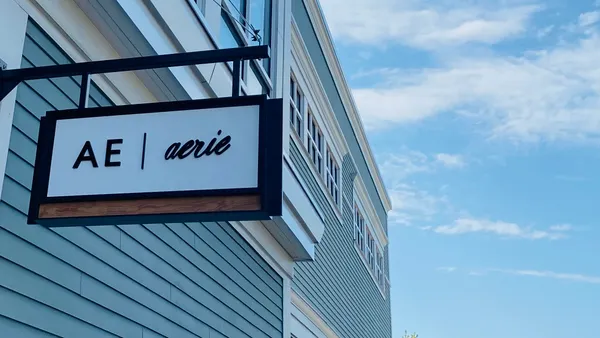Dive Brief:
-
Simon Property Group on Monday said that 77 of its U.S. retail properties have reopened with certain protocols and limitations to protect customers and employees from the coronavirus. Plans are to open half of the company's U.S. shopping centers within the next week, CEO David Simon told analysts, according to a transcript from Motley Fool.
-
Simon declined to say how much rent has been collected since the COVID-19 pandemic forced temporary closures. Some retailers have declared they wouldn't pay in April, or even beyond, but he said that, while the company has worked with some tenants to defer rent, they are obligated to pay unless they're in bankruptcy. Rival developers Brookfield has said it's collected 20% from retail assets and Macerich announced a 26% collection rate, according to a Wells Fargo client note.
-
Department stores remain important mall anchors and physical stores remain vital, so those mulling permanent closures may be short-sighted, despite rising e-commerce and ongoing fallout from the pandemic, he said.
Dive Insight:
Even as he insisted that Simon Property Group is "more than a mall company," Simon painted a picture of a bustling mall business in January and February, before the March closures forced by the COVID-19 outbreak.
"[W]e are not a mall company," he said. "We are predominantly a retail real estate company, but we're not I wouldn't, by any stretch of the imagination, consider us a mall company."
Simon was nevertheless set to become a bit more of a mall company with a February agreement to buy The Taubman Realty Group Limited Partnership for about $3.6 billion, a deal that before the pandemic was expected to close mid-year this year. Simon declined to "make any comments or provide any updates on this call about the status of the Taubman transaction."
In emailed comments, Wells Fargo analysts led by Tamara Fique said that refusal to comment was unlikely "to improve confidence in the deal closing at current terms in the proposed midyear timeframe but bottom line is that nobody knows anything new."
While results for the quarter missed expectations, they did demonstrate some strength in an embattled sector in the midst of a pandemic. Lease revenues in the first quarter fell to $1.26 billion from $1.28 billion in the same period last year, with net income dropping to $437.6 million from $548.5 million in 2019, according to a company press release. Comparable property net operating income was flat with portfolio NOI down 0.2%. Reported retailer sales per square foot rose 2.1% to $673 for the trailing 12 months ended March 31. The impact from the company's temporary closure of its U.S. retail properties as of March 18 can be seen when comparing that to the 6.5% rise to $703 per square foot during the 12 months ended Feb. 29, according to the release.
The company said it has taken several steps to preserve cash, including significantly reducing non-essential corporate spending and property operating expenses; layoffs and temporary employee furloughs; a hiring freeze; suspending or canceling more than $1 billion of redevelopment and new development projects; salary cuts; suspension of board retainers and drawing down $3.75 billion under its revolving credit facilities. Simon himself has cut his base pay to zero and deferred his 2019 bonus until the market conditions improve, the company also said.
He pushed back on the notion that the American mall is in decline, telling analysts that opportunity is "property specific."
"I'm not sure I agree with a lot of your research," he said, adding, "We do think that department stores still play a meaningful role in a number of properties."
That runs somewhat contrary to previous comments amid Sears' decline a couple of years ago, when Simon suggested that some malls don't "need the department stores," and that "our industry got just too carried away with having all these big department store boxes."
On Monday, he may have had in mind recent comments like those from Green Street Advisors forecasting that "about a little more than half of all mall-based department stores to close by the end of 2021," endangering the centers they anchor. Macy's has hinted that it could add to the 125 mall-based stores already slated for closure, and Nordstrom last week announced the permanent closure of 16 full-line stores. Other analysts have said recently that not even A malls like Simon's are spared.
Simon reported pent-up demand for shopping in malls that have reopened, but noted that "outdoor centers feel a little bit more comfortable" and that suburban shopping centers in less dense areas also "seem to be doing better."
With much of the public still wary of shopping in stores and some health officials warning against opening too soon for fear of reigniting the disease outbreak, reopenings carry some risk. But Simon said that precautions being taken "meet or exceed the guidelines published by the CDC and are more robust than many of the measures deployed by essential businesses and online fulfillment centers that have remained open during this pandemic."
That includes preemptive employee health screening, employee safety protections, promotion and enforcement of social distancing practices, enhanced sanitizing and disinfecting, and "shopper safeguards," he said. And he rejected the idea that reopening could risk reinflaming the pandemic.
"[U]nequivocally, you're not going to increase, in my opinion, the potential spread of COVID," he said. "And communities may go up but don't blame, don't unless you have science, don't blame our openings on an increase in that community's COVID."















